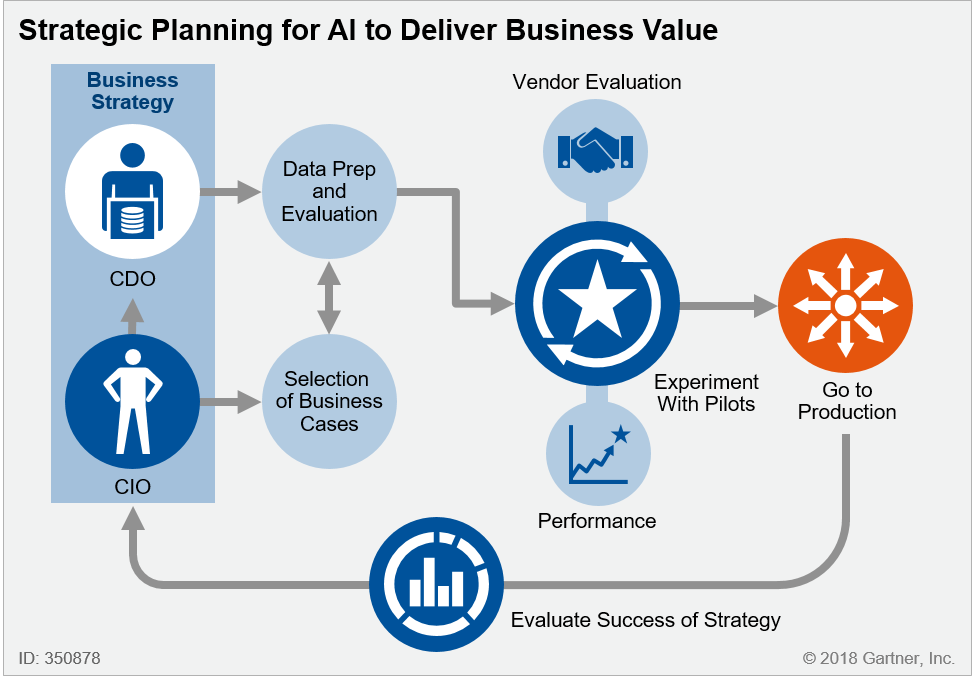
Strategic intelligence is pivotal in shaping the decision-making processes of governments, corporations, and organizations. It entails the systematic gathering, analysis, and application of information to anticipate future scenarios and devise effective strategies. The principles guiding strategic intelligence ensure the accuracy, relevance Principios de Inteligencia Estratégica, and timeliness of the information, enabling leaders to make well-informed decisions. These principles include comprehensive data collection, rigorous analysis, objectivity, integration, timeliness, and adaptability.
The first principle, comprehensive data collection, is fundamental to the integrity of strategic intelligence. This involves systematically gathering data from a diverse range of sources, such as human intelligence (HUMINT), signals intelligence (SIGINT), open-source intelligence (OSINT), and geospatial intelligence (GEOINT). By drawing from multiple sources, intelligence agencies can cross-verify information, reducing the risk of inaccuracies and providing a more reliable foundation for analysis. This holistic approach ensures that the intelligence encompasses all relevant aspects of the situation, making it robust and dependable.
Rigorous analysis is the second principle that underscores the importance of thorough and meticulous examination of collected data. Advanced analytical techniques, including predictive modeling, trend analysis, and scenario planning, are employed to sift through vast amounts of information and extract actionable insights. This process transforms raw data into meaningful intelligence, highlighting patterns, trends, and potential threats. Rigorous analysis is critical as it helps decision-makers understand the complexities of the information and make informed strategic decisions based on comprehensive and accurate assessments.
Objectivity is another cornerstone principle in strategic intelligence. Analysts must maintain impartiality to ensure that their assessments are free from personal biases or external influences. Objective analysis is essential for producing credible intelligence that decision-makers can trust. To uphold this principle, intelligence organizations often implement measures such as peer reviews and independent audits to ensure the integrity and impartiality of their analyses. This commitment to objectivity ensures that the intelligence provided is based on factual evidence and rational interpretations, enhancing its reliability.
The principle of integration highlights the necessity of synthesizing information from multiple disciplines and sources. Effective strategic intelligence involves combining economic, political, social, and technological intelligence to create a comprehensive understanding of complex issues. This multidisciplinary approach allows decision-makers to consider all relevant factors and view the situation from various perspectives. Integration requires close collaboration and coordination among different intelligence units and departments to ensure seamless information sharing and comprehensive analysis.
Timeliness is a critical principle in the realm of strategic intelligence. In a rapidly changing world, the value of intelligence diminishes if it is not delivered promptly. Decision-makers rely on timely intelligence to respond effectively to emerging threats and opportunities. Therefore, intelligence operations must prioritize the efficient processing and dissemination of information. Advanced technologies and communication systems play a crucial role in ensuring that intelligence reaches the relevant parties quickly, allowing for prompt and decisive action.
Finally, adaptability is essential in the ever-evolving landscape of global affairs. The nature of threats and opportunities is constantly changing, necessitating flexibility in intelligence operations. Intelligence agencies must continuously update their methods, strategies, and technologies to stay ahead of new challenges. Adaptability involves fostering a culture of continuous improvement and innovation, ensuring that the intelligence process remains dynamic and responsive. This principle ensures that intelligence operations can adapt to shifting circumstances and continue to provide valuable insights in an unpredictable world.
In conclusion, the principles of strategic intelligence—comprehensive data collection, rigorous analysis, objectivity, integration, timeliness, and adaptability—are fundamental to effective decision-making. By adhering to these principles, intelligence operations can provide reliable, actionable insights that help navigate the complexities of today’s world. These principles ensure that strategic intelligence remains a vital tool for anticipating and planning for future scenarios, ultimately aiding in the achievement of long-term goals and objectives.
4o